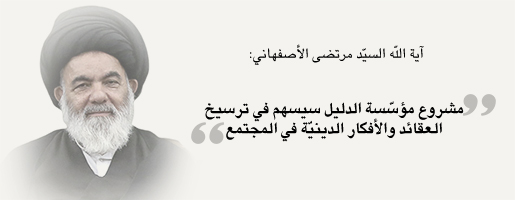
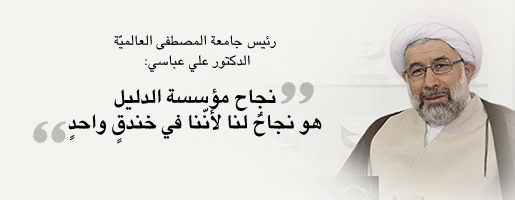
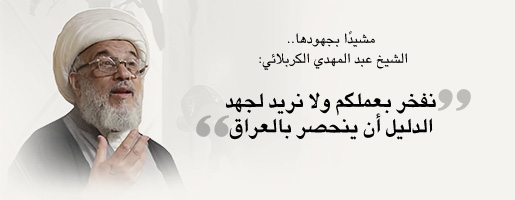
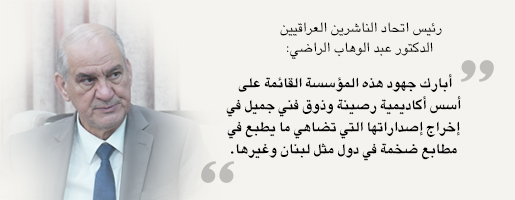
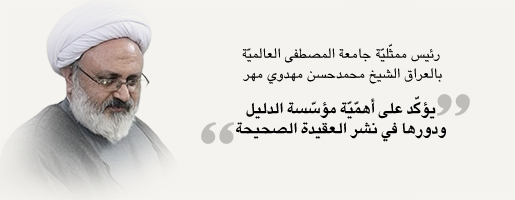
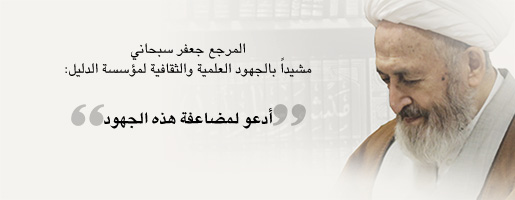
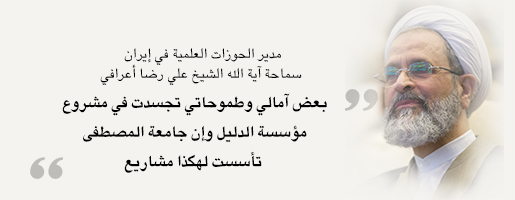
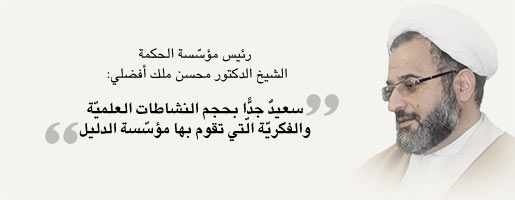
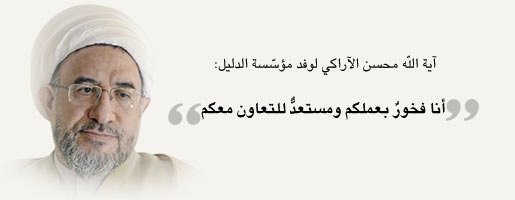
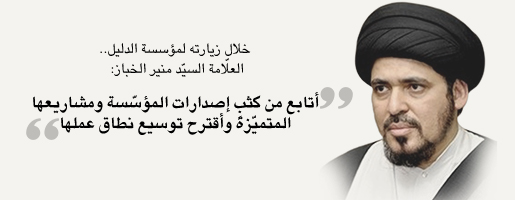
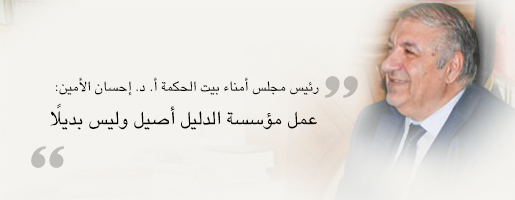
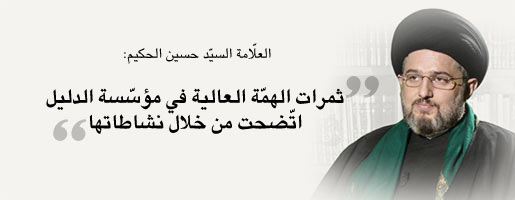
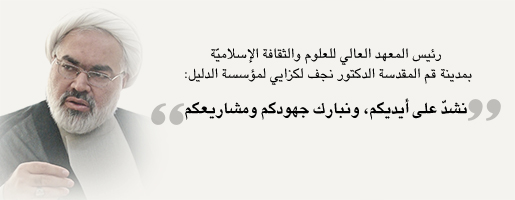
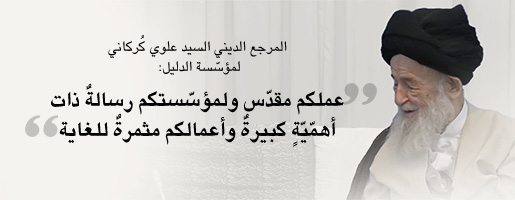
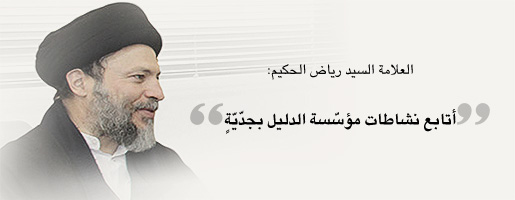
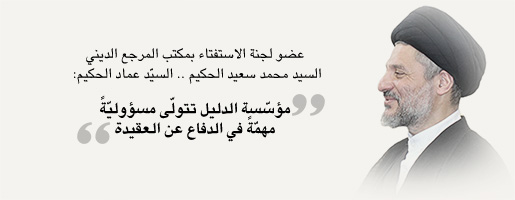
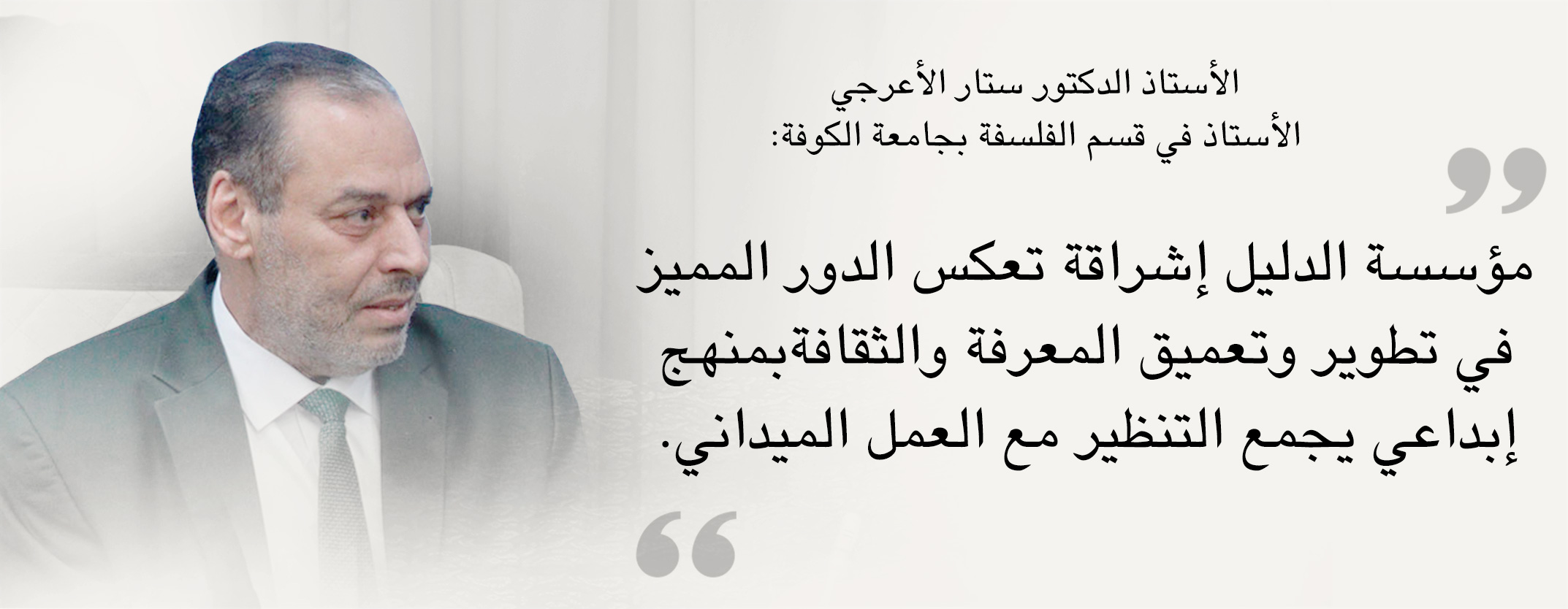
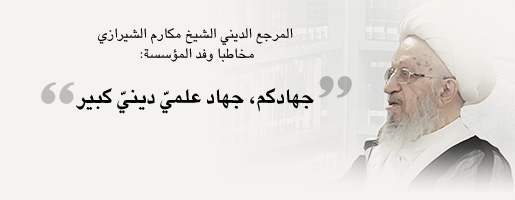
Mustafa Azizi
Summary
Faith is the cornerstone of religious knowledge; for on which all moral values and individual and social behaviors depend. If faith is true, all what is based on it will be true, and if faith is corrupted, all that is based on it will be corrupted too. So, we must know acceptable standards and fully considered criteria in whose light we can distinguish between true faith and corrupted faith.
In this article, we have discussed several criteria and standards to distinguish the right from falsehood in beliefs, including: the appropriateness of faith for common sense, its aptness to sound reason, the compatibility and internal harmony between the elements of doctrinal system, and the compatibility of faith with the scientific results required.
Since this study depends on preliminary principles and studies, we have discussed, before showing the criteria, the doctrinal issues and their purposes, in order to reach the desired result.
If we realize that a part of man’s beliefs is wrong and incorrect, and the remaining part is true and correct, then there must be some standards and criteria to distinguish true faith from untrue faith; in order to know the truthfulness of one of them and the falsehood of the other, since it is impossible for contraries to meet together.
One of the most important studies in “Epistemology” is to find the standard to distinguish true knowledge from false knowledge. So, is there a criterion or criteria for evaluating human knowledge or not?
The answer to this very important question distinguishes between the sophistic current - and skepticism - which denies any criterion and standard of knowledge, and believes in the relativity of knowledge and the denial of any certain absolute knowledge; and between the current that focuses on the existence of a standard and measure in human knowledge.
In this article, we try to answer the following question: How do we distinguish between the true, correct faith and the false, incorrect faith?
Here, we should distinguish between two questions:
What is the standard for faith truthfulness and falsehood?
How do we distinguish between true faith and false faith?
There is a critical difference between the two questions; the first question generally looks into criteria and standards to differentiate between correct and incorrect knowledge, and suggests several things through which we can know true beliefs and false beliefs, whereas the second question is related to the application of standards to the evidences; it means that after knowing the general criteria for practically differentiating between true and untrue beliefs, how do we apply those standards to our beliefs to distinguish the true ones from the false? Logic undertakes this task and helps man in the application of standards to evidences, and guides him to see which is true and which is not.
The subject matter of our study in this article is the answer to the first question. That is to say, we want to shed light on the criterion of truth and falsehood in general, and look for standards and measures that may help us to distinguish true faith from false faith.
It can be said that there are standards and measures acceptable to the wise about the distinction between true faith and false faith. Here are they:
1- the measure of sound reason
2- the measure of common sense
3- the measure of internal compatibility and harmony of faith
4- the measure of scientific results required and expected from faith
Therefore, every human being and every free scholar must apply these standards and measures to his idea and belief, and if his belief is consistent and applicable to these four criteria, then his faith will be true; otherwise, he should reconsider his faith without any fanaticism and obstinacy and make it in accordance with these criteria. In fact, the truthfulness of faith is not limited to these four criteria, but what we have mentioned are the most important of them.
